Whenever you experience pain in your jaw, it can be a cause for concern. You may not know what is wrong, and may feel like you are suffering in silence. However, it is important to understand the different causes of jaw pain on one side so that you can get the treatment that you need. Read on to learn more about the possible causes of this type of pain, and how you can find relief.
What Could Be the Cause of Jaw Pain on One Side Specifically
jaw pain can be caused by a number of things. If the pain is on one side specifically, it could be caused by TMJ, which is a condition that affects the jaw joint. It can also be caused by clenching or grinding your teeth, which can put pressure on the jaw and cause pain. Other causes of jaw pain include dental problems, such as an abscessed tooth, or an infection in the jaw. Additionally, jaw pain can be a symptom of heart disease, so if you are experiencing jaw pain on one side, it’s important to see a doctor to rule out any serious conditions. In most cases, jaw pain is not serious and can be treated with over-the-counter pain relievers and ice. However, if the pain is severe or persists for more than a few days, it’s important to see a doctor to get a proper diagnosis and treatment plan.
What Are Some Common Symptoms of Jaw Pain on One Side
jaw pain on one side is a condition that can be caused by a number of different things. The most common cause is TMJ, or Temporomandibular Joint Disorder. This is a condition that affects the jaw joint and can cause a great deal of pain. Other common causes of jaw pain include teeth grinding, jaw clenching, and gum disease. In some cases, jaw pain may also be caused by an injury to the jaw or head. If you are experiencing jaw pain, it is important to see a doctor so that the cause can be properly diagnosed and treated.
How Is Jaw Pain on One Side Diagnosed
jaw pain on one side can be caused by a number of different conditions. To diagnose the cause of your jaw pain, your doctor will first take a medical history and ask about your symptoms. They will then perform a physical examination, during which they will feel for any jaw abnormalities. Your doctor may also order imaging tests, such as an X-ray or MRI, to get a closer look at your jaw. Once the cause of your jaw pain is determined, your doctor will develop a treatment plan to relieve your pain and other symptoms.
What Are the Possible Treatments for Jaw Pain on One Side
Jaw pain on one side can be caused by a number of things, from TMJ to an infection. However, there are a few possible treatments that may help to relieve the pain. First, over-the-counter pain relievers such as ibuprofen or aspirin can help to reduce inflammation and pain. Secondly, applying ice to the area can also help to numb the pain and reduce swelling. Finally, if the jaw pain is caused by TMJ, there are a number of exercises that can help to stretch and strengthen the jaw muscles. While jaw pain can be uncomfortable, there are a few things that can be done to help ease the discomfort.
How Can You Prevent Jaw Pain on One Side From Happening Again
Jaw pain on one side can be quite debilitating, making it hard to eat, speak, or even breathe properly. There are many potential causes of jaw pain, ranging from TMJ disorder to dental problems. However, jaw pain can also be caused by muscular imbalances. If the muscles on one side of the jaw are much weaker than the muscles on the other side, it can lead to pain and discomfort. Luckily, there are a few things you can do to prevent jaw pain from happening again. First, make sure to maintain good oral hygiene. This means brush your teeth twice a day and floss regularly. In addition, try to avoid clenching or grinding your teeth. If you do grind your teeth at night, consider wearing a mouth guard. Lastly, see your dentist or doctor regularly for checkups and cleanings. By following these simple tips, you can help prevent jaw pain from happening again.
Conclusion
If you are experiencing jaw pain on one side, it is important to seek medical attention. There are many potential causes of jaw pain, and only a trained medical professional will be able to give you a proper diagnosis. Once the cause of your jaw pain is determined, you can begin treatment and get on the path to recovery. In the meantime, there are some things you can do to help ease your symptoms. Try eating soft foods or chewing gum to avoid putting too much pressure on your jaws. You should also avoid extremely hot or cold foods and beverages as they can aggravate your symptoms. If you’re struggling with jaw pain, don’t suffer in silence—contact your doctor today.

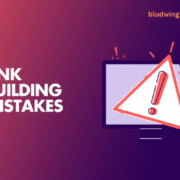







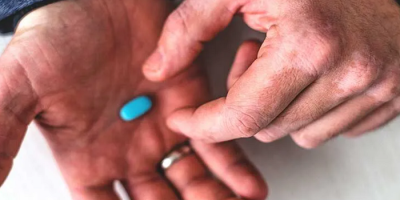
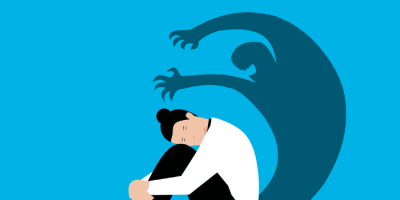



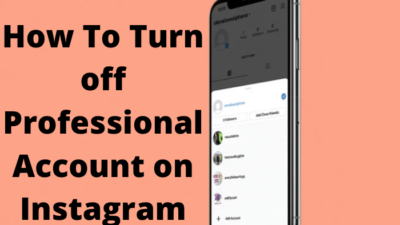
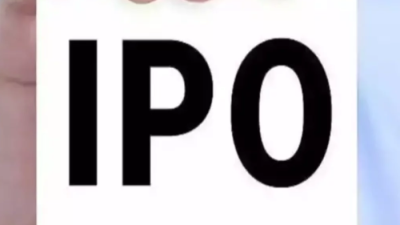
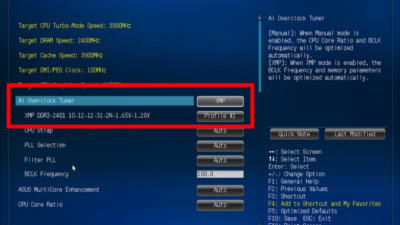
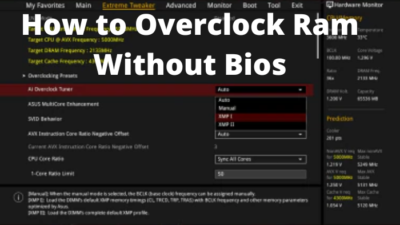
Comments